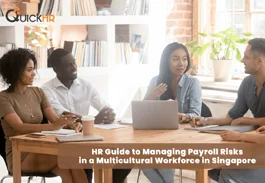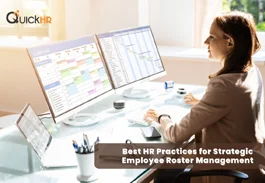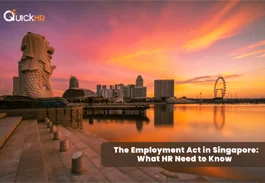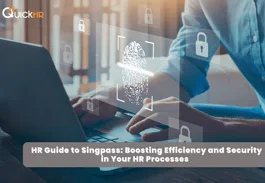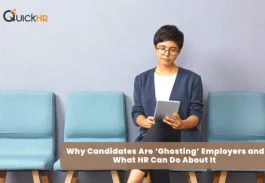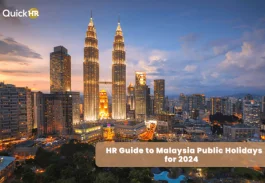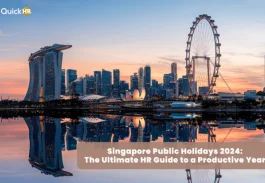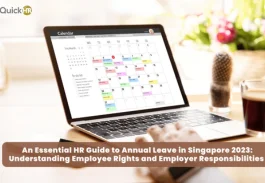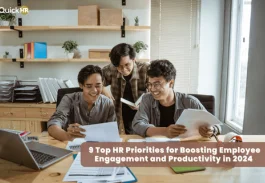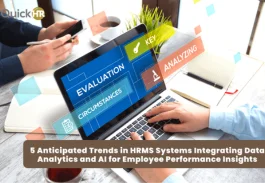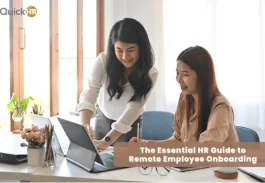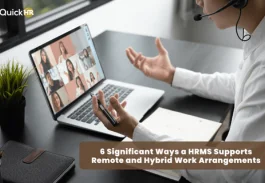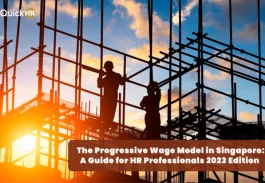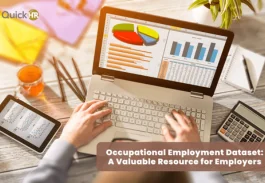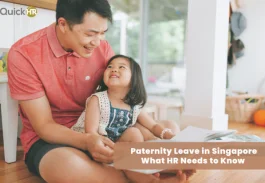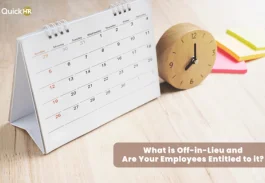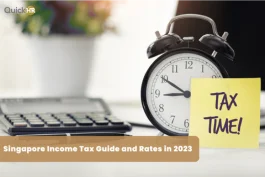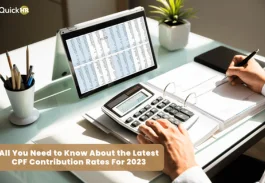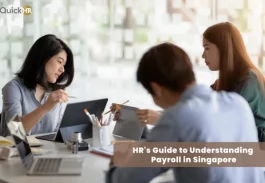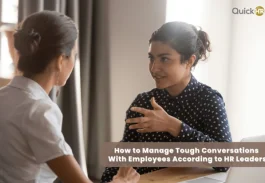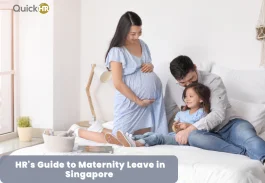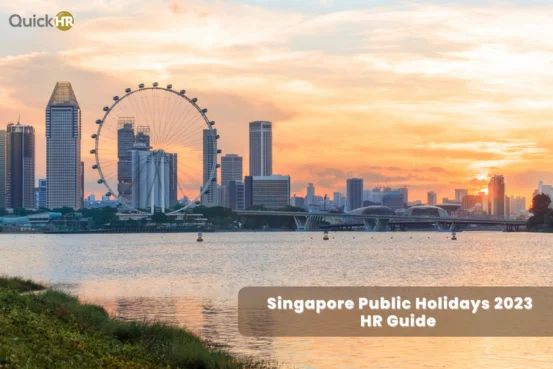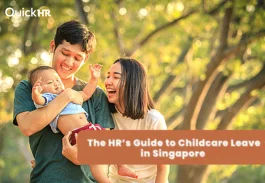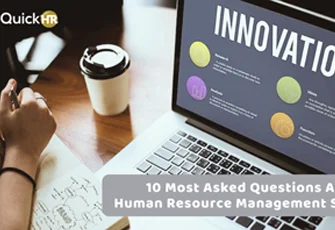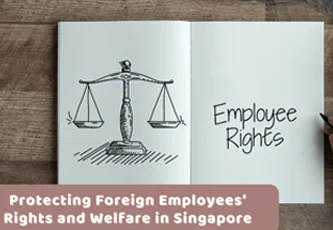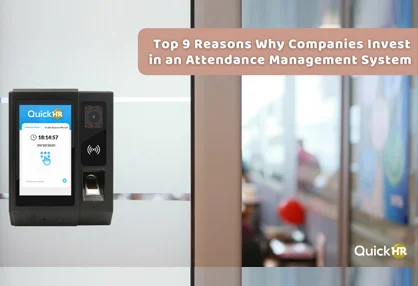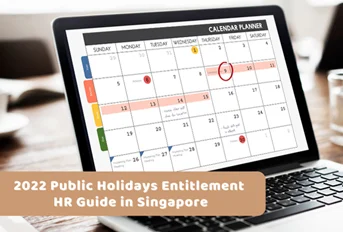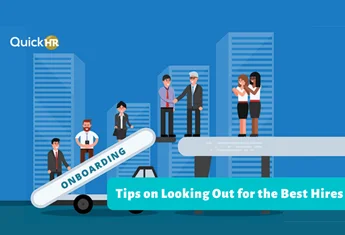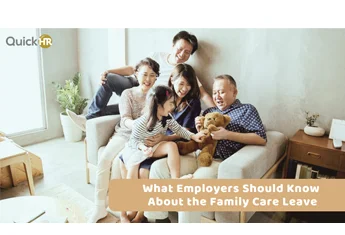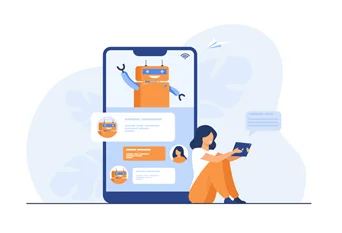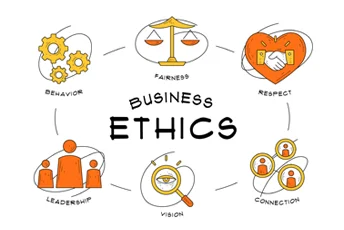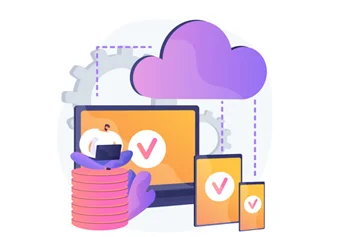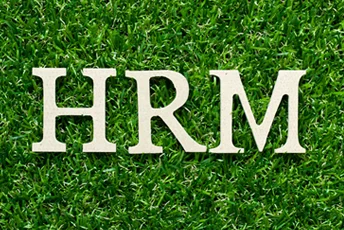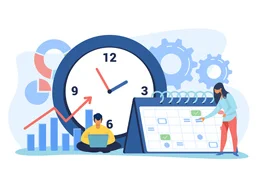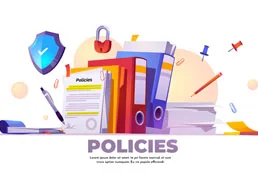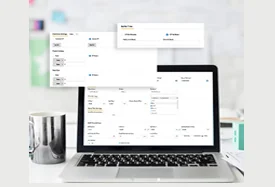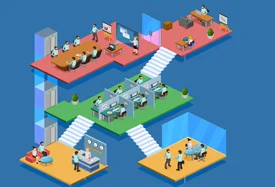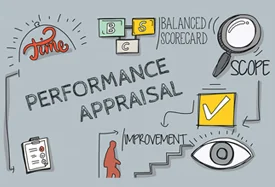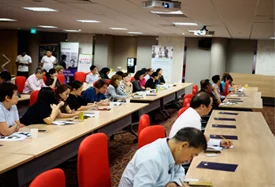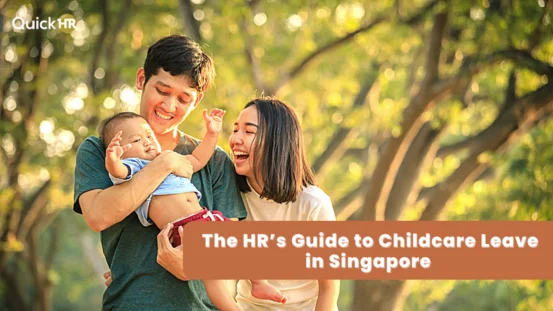
The HR’s Guide to Childcare Leave in Singapore
Posted on 28 July 2022 in Business | Anna Beatrice
As an HR professional, it's important to ensure a family-friendly work environment to help employees maintain a healthy work-life balance, especially in the post-COVID world.
This involves establishing clear and comprehensive childcare leave policies in accordance with regulatory compliances.
By being informed and updated with the legal policies surrounding childcare leave, you can help working parents manage their priorities between work and family, thus leading to higher productivity and better work performance.
Moreover, initiatives like childcare leave are valuable tools for attracting and retaining talent.
Read on to know more about the terms and conditions that fall under the childcare leave entitlement in Singapore.
Get real-time updates on childcare leave requests with QuickHR!
Get Started Today!At the end of this article, you'll be able to:
Differentiate who is entitled and who is not
Identify the number of eligible days depending on specific situations
Follow the correct process to approve or claim Government-Paid Childcare Leave (GPCL)
Who is Eligible for Childcare Leave in Singapore?
Singapore's childcare leave is in accordance with the Child Development Co-Savings Act (CDCA), depending on specific criteria.
An employee is eligible for Government-Paid Childcare Leave (GPCL) as long as they meet the following requirements:
- Has a child under 7 years of age.
- The child is a Singapore citizen.
- The biological parents are lawfully married, including divorced or widowed parents.
- For employees: must have served their employer for at least 3 continuous months.
- For self-employed: must have been engaged in their work for at least 3 continuous months and have lost income during the childcare leave period.
How Many Childcare Leave Days Are Employees Entitled To?
The childcare leave entitlement is identified depending on whether they are covered under the Childcare Development Co-Savings Act (CDCA) or the Employment Act.
Under the Childcare Development Co-savings Act
Eligible working parents of Singapore citizen children are entitled to 6 days of paid childcare leave per year.
Both parents can each get 6 days per year of childcare leave until the year their child turns 7 years old, regardless of the number of children they have. Childcare leave is capped at 42 days for each parent. [1]
The process for childcare leave payment is as follows:
- The first 3 days will be paid by the employer.
- The remaining 3 days will be paid by the Government.
- Payments are capped at $500 per day, including CPF contributions.
For instance, if the child is born in August 2013, they can start their leave in 2013. Their last 6 days of childcare leave must be taken in 2019.
Note: Don’t forget to remind employees to use their yearly childcare leave entitlement by the end of that year. This is because they cannot carry forward childcare leave meant for one year to the next.
Under the Employment Act
On the other hand, working parents of non-Singaporean citizens can get 2 days of childcare leave a year in accordance with the Employment Act.
For part-time, temporary, contract or probationary employees, the childcare leave entitlement is adjusted based on their working hours. [2]
Extended Childcare Leave
Working parents with their youngest child in primary school may be entitled to 2 days of extended childcare leave every year. These 2 days will be paid for by the Government, capped at $500 per day, including CPF contributions. [3]
Employees are eligible for 2 days of extended childcare leave per year if they fulfil the following conditions:
- The youngest child is between 7 and 12 years old (inclusive).
- The child is a Singapore citizen.
- For employees: must have served your employer for a continuous period of at least 3 months.
- For self-employed: must have been engaged in their work for a continuous period of at least 3 months, and have lost income during the childcare leave period.
For parents with children in both age groups (i.e., below 7 years as well as between 7 and 12 years), the total paid childcare leave for each parent is a maximum of 6 days per year.
For example:
If the child is born in August 2013, they can start their childcare leave in 2013. Their last 6 days of childcare leave must be taken in 2019 and their last 2 days of extended childcare leave must be taken in 2025.
Note: Extended childcare leave is not pro-rated.
Part-time employees are entitled to 2 days of extended childcare leave based on their work schedule.
For example:
If an employee works 4 hours per day, the extended childcare leave entitlement will be 2 (days) X 4 (hours) = 8 hours.
Prorated Childcare Leave
Employees can get pro-rated childcare leave if they have worked less than a year or if they plan to leave their employer this year. [4]
Employees Who Have Worked for Less than a Year
If an employee is a new hire and is entitled to 6 days of childcare leave per year, the employer may pro-rate the childcare leave based on the duration of the employment, subject to a minimum of 2 days.
The leave is pro-rated as follows:
| Completed months of service | Eligible days of childcare leave |
|---|---|
| 0 | Not eligible |
| 1 | Not eligible |
| 2 | Not eligible |
| 3 | 2 |
| 4 | 2 |
| 5 | 3 |
| 6 | 3 |
| 7 | 4 |
| 8 | 4 |
| 9 | 5 |
| 10 | 5 |
| 11 | 6 |
| 12 | 6 |
Employees Who Plan to Leave their Job this Year
If an employee has worked for at least 3 months before leaving, the childcare leave will be pro-rated based on the completed months of service in the year of your resignation or termination.
The leave is pro-rated as follows:
| Completed months of service in the year of resignation or termination | Eligible days of childcare leave |
|---|---|
| 0 to 2 | 2
(Assuming they have worked for your employer for at least 3 months before leaving) |
| 3 | 2 |
| 4 | 2 |
| 5 | 3 |
| 6 | 3 |
| 7 | 4 |
| 8 | 4 |
| 9 | 5 |
| 10 | 5 |
| 11 | 6 |
| 12 | 6 |
You may also use this childcare leave calculator to check how much leave employees are entitled to.
What Employees Can’t Do with Their Leave
Employees can take childcare leave to spend time with their child for any reason. However, HR managers must also be aware of the restrictions on using the leave such as the following:
-
Transfer childcare leave between spouses.
-
Encash the unused childcare leave; it will lapse at the end of each agreed 12-month period.
-
Carry over any unused childcare leave to a new company.
-
Use childcare leave to offset the notice period for termination of employment. However, if they apply for childcare care leave during the notice period, the employer is encouraged to grant the leave. The leave taken will not add to the notice period.
Streamline Your Leave Management Process
With QuickHR’s all-inclusive Leave Management System, you can easily manage your employee’s childcare leave requests in real-time with a paperless and fuss-free process!
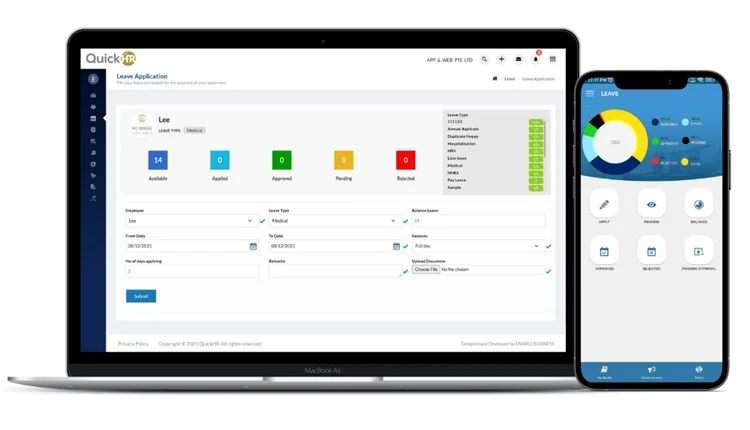
QuickHR’s leave management system is interconnected with multiple HR modules such as payroll, attendance and timesheets, claims, and performance evaluation, helping you build solid HR strategy with automated, simplified, and accurate HR processes.
Easy application and tracking of leave status
Real-time notifications of leave requests
Multi-tiered approval system to reflect your company policies
Approve leave requests while on-the-go via Mobile App
Delivers complete annual or monthly review of your employees’ leave status
Generates leave reports in an analytical graph or on spreadsheets
Include additional holidays or off days that are unique to your company
Regularly updated to the latest changes on public holidays and other regulations
If you want to know more about QuickHR, you may contact us or book a free trial with absolutely no terms and conditions!
Sources
- [1] https://www.mom.gov.sg/employment-practices/leave/childcare-leave/eligibility-and-entitlement
- [2] https://www.mom.gov.sg/employment-practices/leave/childcare-leave/leave-for-part-time-employees
- [3] https://www.mom.gov.sg/employment-practices/leave/childcare-leave/extended-childcare-leave
- [4] https://www.mom.gov.sg/employment-practices/leave/childcare-leave/pro-rated-childcare-leave
Enjoying this article? Subscribe now and never miss out on future content.

